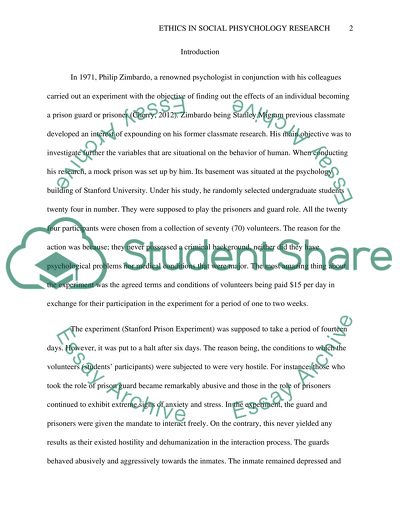Cite this document
(“Ethics in Social Psychology Research Paper Example | Topics and Well Written Essays - 2250 words”, n.d.)
Ethics in Social Psychology Research Paper Example | Topics and Well Written Essays - 2250 words. Retrieved from https://studentshare.org/psychology/1442454-ethics-in-social-psychology-research
Ethics in Social Psychology Research Paper Example | Topics and Well Written Essays - 2250 words. Retrieved from https://studentshare.org/psychology/1442454-ethics-in-social-psychology-research
(Ethics in Social Psychology Research Paper Example | Topics and Well Written Essays - 2250 Words)
Ethics in Social Psychology Research Paper Example | Topics and Well Written Essays - 2250 Words. https://studentshare.org/psychology/1442454-ethics-in-social-psychology-research.
Ethics in Social Psychology Research Paper Example | Topics and Well Written Essays - 2250 Words. https://studentshare.org/psychology/1442454-ethics-in-social-psychology-research.
“Ethics in Social Psychology Research Paper Example | Topics and Well Written Essays - 2250 Words”, n.d. https://studentshare.org/psychology/1442454-ethics-in-social-psychology-research.


